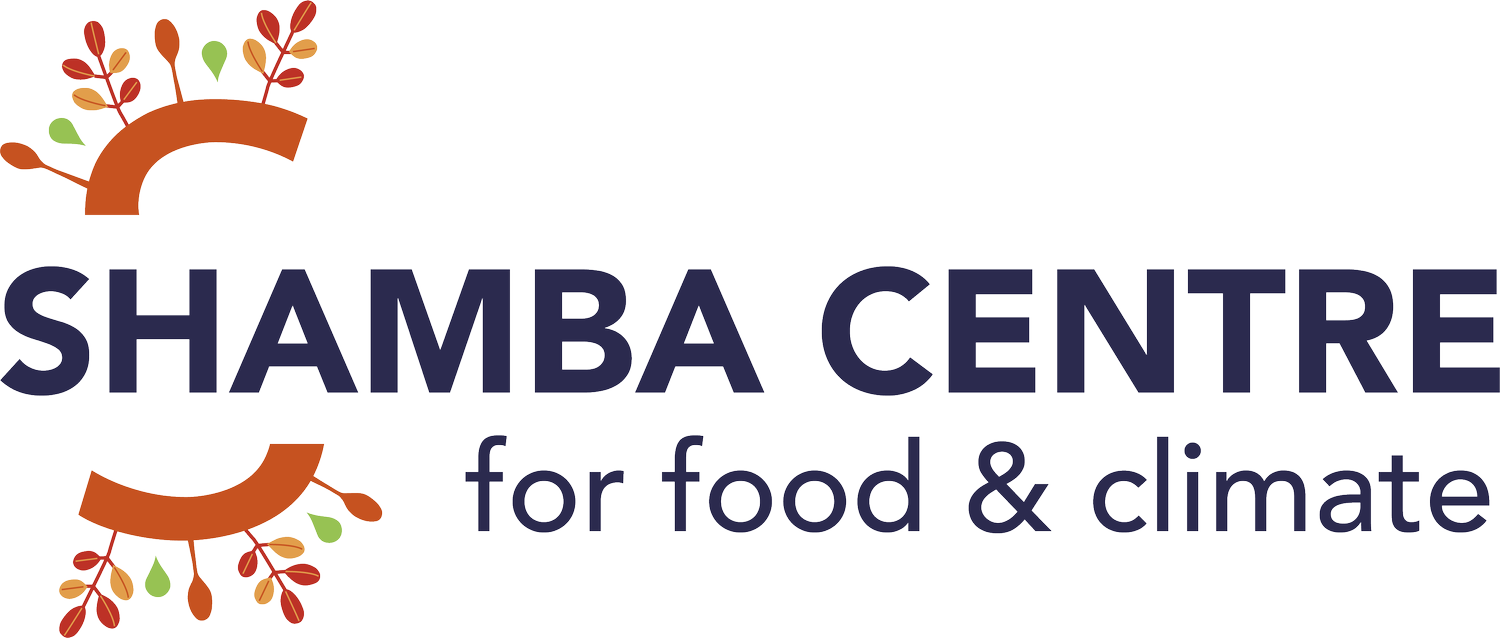
News
Find out more about our latest activities
-

Launch of new Agrifood Anti-Monopoly Tracker and first key findings
A new paper published by the Shamba Centre has uncovered at least 8 cases of anti-competitive conduct investigated by national authorities that may impact an additional 30 African countries. These cases merit further investigation.
These findings are based on the first edition of the Anti-Monopoly Tracker which spans a 15-month period from 1 January 2023 to 30 March 2024 and covers 98 cases in the agrifood sector considered by 13 operating competition authorities: 11 countries and two regional economic blocs.
-

Can sustainable aquaculture practices meet nutritional needs and boost economic opportunities?
New analysis finds that extensive systems aquaculture systems with a nature-based approach perform 36% better than intensive ones when taking into consideration external factors such as environmental, social, and economic impacts.
This analysis was undertaken by the IISD Nature-based Infrastructure Global Resource Center, in collaboration with GIZ and the Shamba Centre.
-
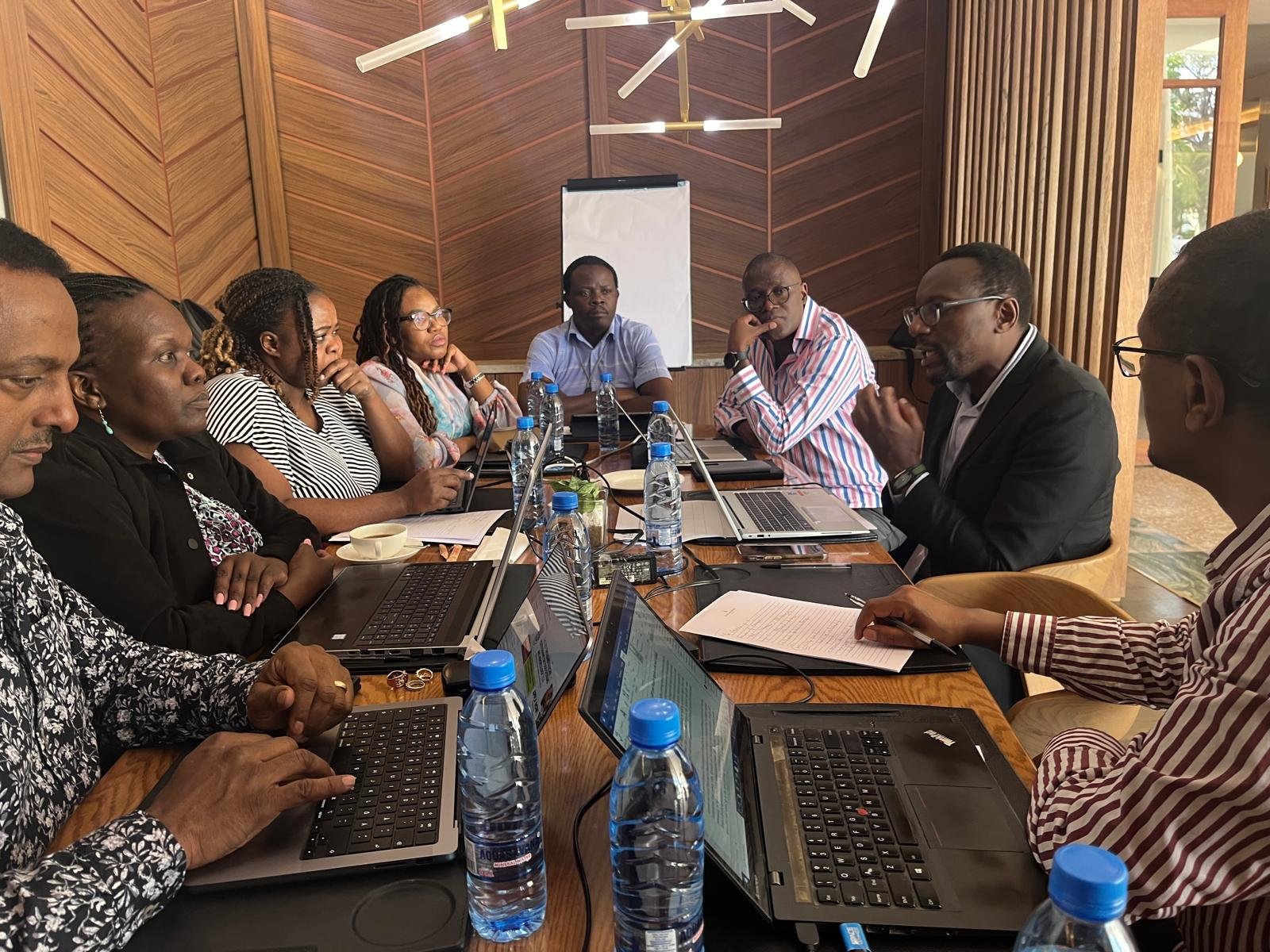
Shamba Centre joins effort to contribute to the Post-Malabo Agenda
In Zambia, key discussions are taking place to shape and inform Africa’s agrifood systems under the Comprehensive Africa Agriculture Development Programme (CAADP).
The Shamba Centre for Food & Climate is pleased to contribute to the development of the Post-Malabo Agenda.
-

New Technical Note to complement enquiry on donor financing
Following the publication of the enquiry findings and its recommendations, Unleashing the Catalytic Power of Donor Financing to Achieve Sustainable Development Goal 2, the GDPRD and the Shamba Centre are now issuing an accompanying Technical Note.
This Technical Note complements the enquiry fwith more technical details, including case studies, information about financing mechanisms, and further inputs from the stakeholders interviewed.
-

The Shamba Centre contributes to SoFI 2024
Drawing upon our expertise in finance and development, the Shamba Centre for Food & Climate is honoured to be supporting the FAO in the research and writing of SoFI 2024.
The annual flagship State of Food Security and Nutrition in the World (SoFI) published by FAO alongside IFAD, UNICEF, WFP and WHO, provides key data on the global progress towards ending hunger and malnutrition.
-
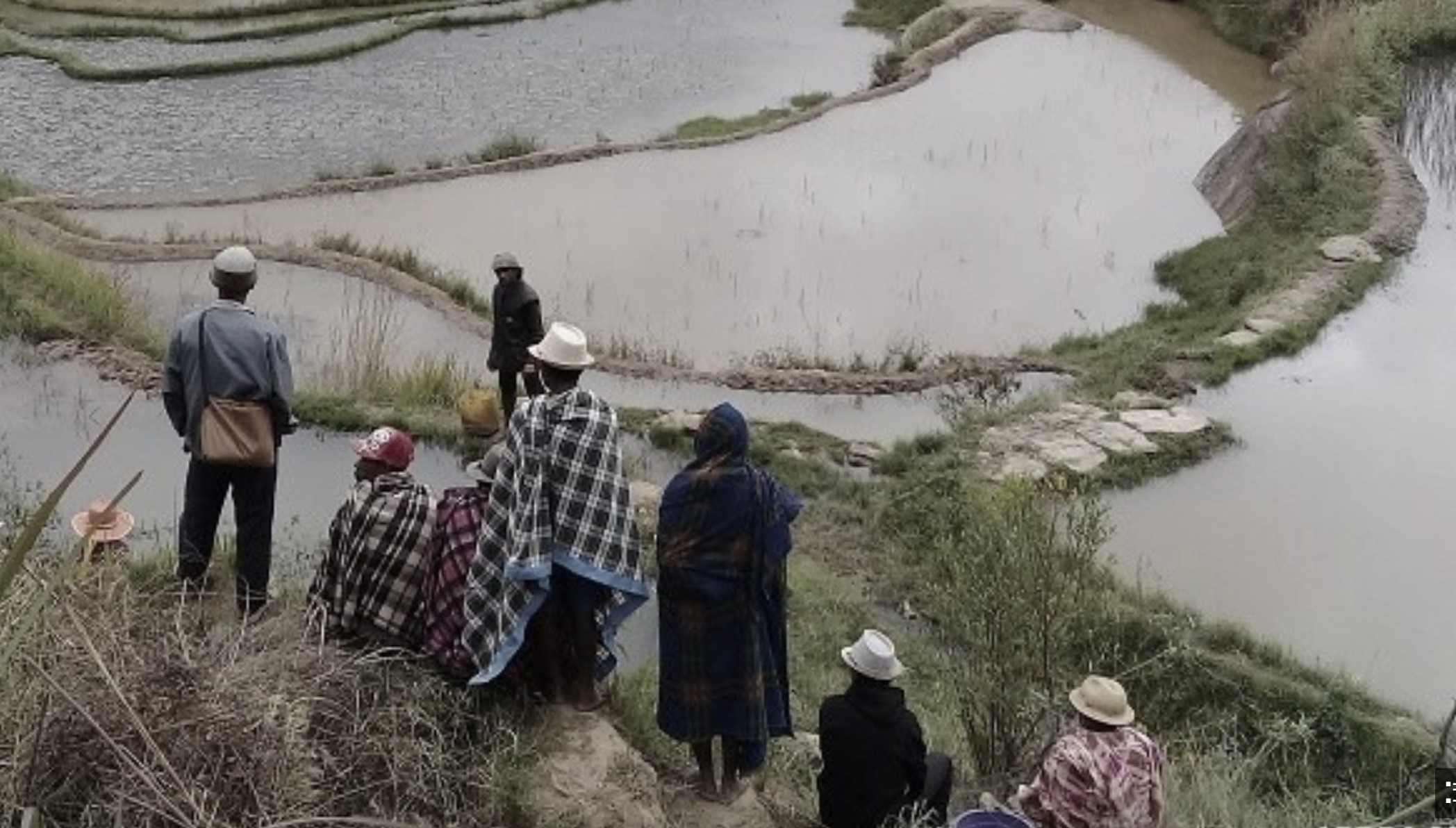
Evaluating intensive and extensive approaches to aquaculture
The Shamba Centre is partnering with the Deutsche Gesellschaft für Internationale Zusammenarbeit (GIZ) and the Nature-based Infrastructure Global Resource Centre at the International Institute for Sustainable Development (IISD) to dig deeper into the benefits, costs and trade-offs of extensive aquaculture. The collaboration will focus on a valuation of the rice-fish farming projects funded by GIZ in Madagascar.
-

Unleashing the catalytic power of donor financing to achieve SDG 2
The Shamba Centre, together with the GDPRD, has published a new report with key findings and recommendations for using donor financing to unlock commercial finance. These insights, gathered from interviews with various stakeholders including donors, philanthropic organizations, and blended capital funds, offer actions to make funding more effective and incentivize progress towards SDG 2.
-
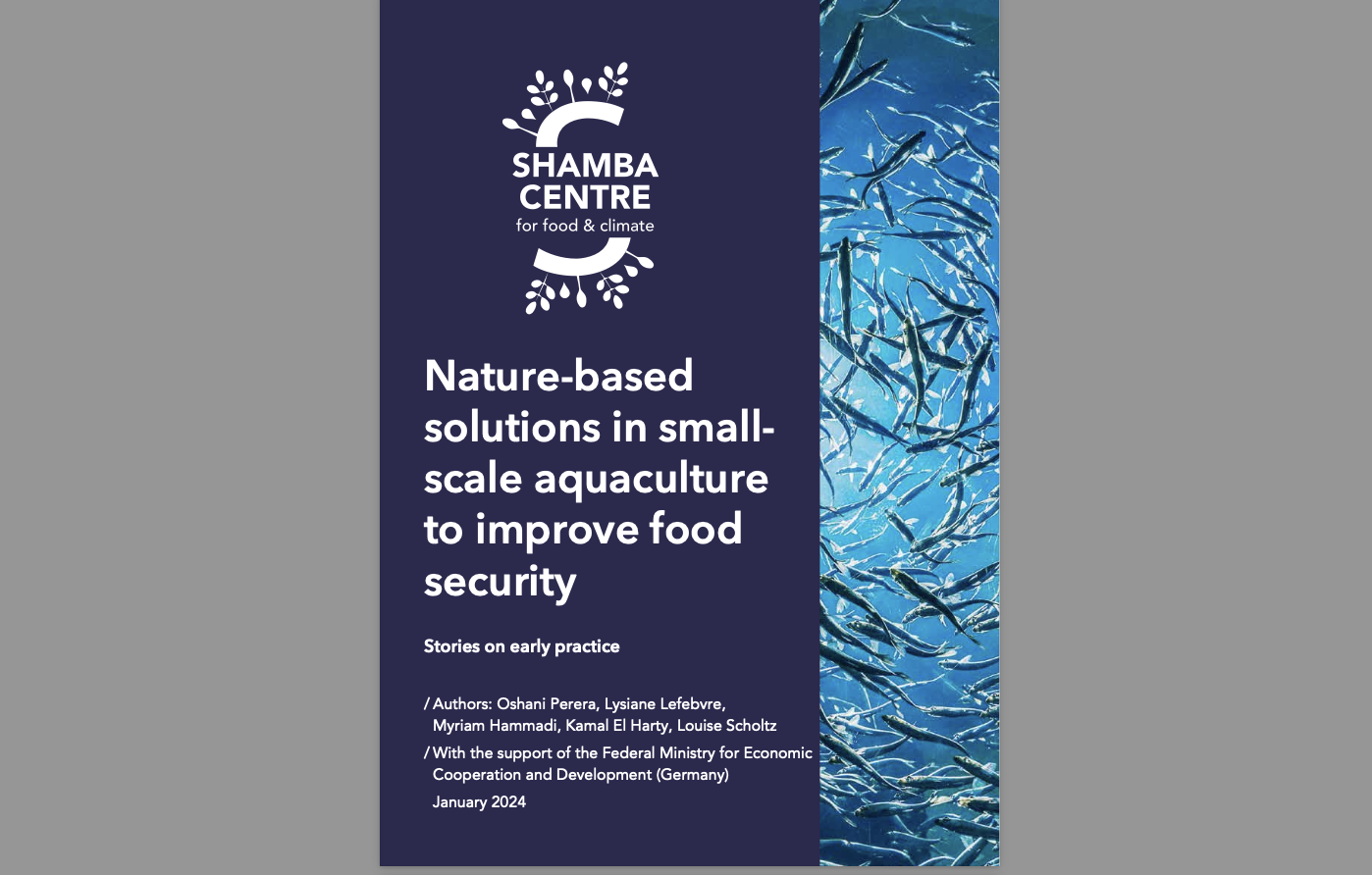
How can nature-based solutions in small-scale aquaculture contribute to food security?
The Shamba Centre for Food & Climate has published a new report that explores how nature-based solutions can contribute to small-scale aquaculture, and in this way increase access and availability of aquatic proteins for food security and nutrition.
-

Three Priorities for 2024
There are many reasons to be pessimistic about 2024. The world is confronted with regional conflicts, geopolitical tensions, the rise of populist parties, and the increased severity and frequency of extreme weather, from floods and fires to cyclones and droughts.
Yet, we must not surrender to pessimism.
Read the full article in ThinInk
-

The Shamba Centre at COP 28: Crowding in domestic investors in Africa
Domestic investors are at the core of the economy and enable countries to build their financial and economic productivity.
But how can countries in Sub-Saharan Africa crowd-in their domestic investors? This was the key question during an event co-organized by the Shamba Centre for Food & Climate and the African Food System Parliamentary Network (AFSPaN) during COP 28.
-

New report shows Africa needs stronger competition to end hunger
Excessive market concentration in African agri-food systems is harming producers, MSMEs, and consumers.
The Shamba Centre has published a landmark three-part report with a review of the impact of agri-food market concentration in Africa, a situation analysis of competition law and institutions in Sub-Saharan African countries and a reform agenda to strengthen competition regimes.
-

Shamba Centre @ COP28
Join us at COP 28 this year to discuss the linkages between climate action and food system transformation. Our Vice-President, Seyni Nafo, will be once again leading the African negotiators. Two of our co-founders, Francine Picard and Oshani Perera, will be onsite, together with our Senior Policy Advisor, Lysiance Lefebvre.
The Shamba Centre is also co-organizing two side events. The first will explore how national leadership and governance rules can shape the conditions to crowd-in foreign and domestic lending to enable net-zero and resilient food systems. The second, on behalf of the Zero Hunger Coalition, will discuss the complementarity between climate action and food system transformation.
-

Youth-led action to trigger competition reform in Africa
A recent panel session of young professionals organized during the World Food Forum discussed how food systems in Africa can be transformed through youth-led reform of competition law and policy.
The discussion focused on how current competition regimes could be leveraged to help end hunger in Sub-Saharan Africa, where nearly 25% of the population suffers from food insecurity.
-

Shamba Centre for Food & Climate celebrates its first-year anniversary
October 2023 marks the first year of activity for the Shamba Centre for Food & Climate. This milestone culminates a year of tremendous growth and has been celebrated with the opening of a new office in Kigali, Rwanda.
Since its launch last year, the Shamba Centre has coordinated the work of two international coalitions, co-founded the project Hesat2030 alongside the FAO and University of Notre Dame, and undertaken innovative research on topics covering food systems transformation, finance, competition and the blue economy.
-

New report on debt-for-nature swaps
Momentum for debt-for-nature swaps is increasing as developing countries face a growing sovereign debt crisis alongside a worldwide urgency to invest in curbing climate change, biodiversity loss and ocean degradation.
The Shamba Centre for Food & Climate has published a new report that analyses the recent debt-for-nature swaps in Belize, Ecuador and the Seychelles. It discusses opportunities, challenges and next steps in a times of high sovereign debt, climate and nature crises and rising food insecurity.
-

Launch of new roadmap to end hunger sustainably, nutritiously and equitably
Building on the foundations of Ceres2030: Sustainable Solutions to End Hunger, the FAO, the Shamba Centre for Food & Climate and the University of Notre Dame are thrilled to announce the launch of Hesat2030: a global roadmap to end hunger sustainable, nutritiously, and equitably.
The new project’s ambition is to influence how donors and governments invest public money in agricultural and food systems using artificial intelligence, economic modelling, strategic alliances, and advocacy.
-

The Shamba Centre @ the UNFSS 2023 Stocktaking Moment
The Shamba Centre for Food & Climate is pleased to announce its contribution to several official side events taking place during the UN Food Systems Summit +2 Stocktaking Moment (UN FSS+2) taking place at the FAO headquarters in Rome from 24-26 July.
The Shamba Centre’s three Co-founders, Carin Smaller, Francine Picard and Oshani Perera, will provide their insights during side-events covering innovative donor approaches to sustainable finance and achieving sustainable food systems in a time of multiple crises.
-

UNFSS+2 virtual side-event on innovative donor approaches to sustainable finance
The Shamba Centre for Food & Climate, together with the Global Donor Platform for Rural Development (GDPRD), is organizing a UN FSS+2 virtual side-event entitled Innovative donor approaches to sustainable finance for food system transformation. It will take place on Monday, 24 July from 18h00-19h00 CET.
This side-event will provide insight from donors on how they are balancing competing demands and interests in a difficult geopolitical and economic environment. It will explore their initial steps in innovative finance, including the topic of ‘pay for performance’ and blended finance, and examine the conditions needed to ensure the success of blended funds.
-

Shamba Centre launches focus group consultations on neglected crops
In early 2023, the US State Department, African Union and the FAO launched the Vision for Adapted Crops and Soils (VACS) initiative to support African farmers, civil society organizations and governments face the challenges caused by the effects of climate change on the region’s food systems.
To support this initiative, the Shamba Centre is conducting focus group consultations to gather knowledge from market actors in Africa and provide policy recommendations for promoting neglected crops as a food and climate solution in Africa.
-
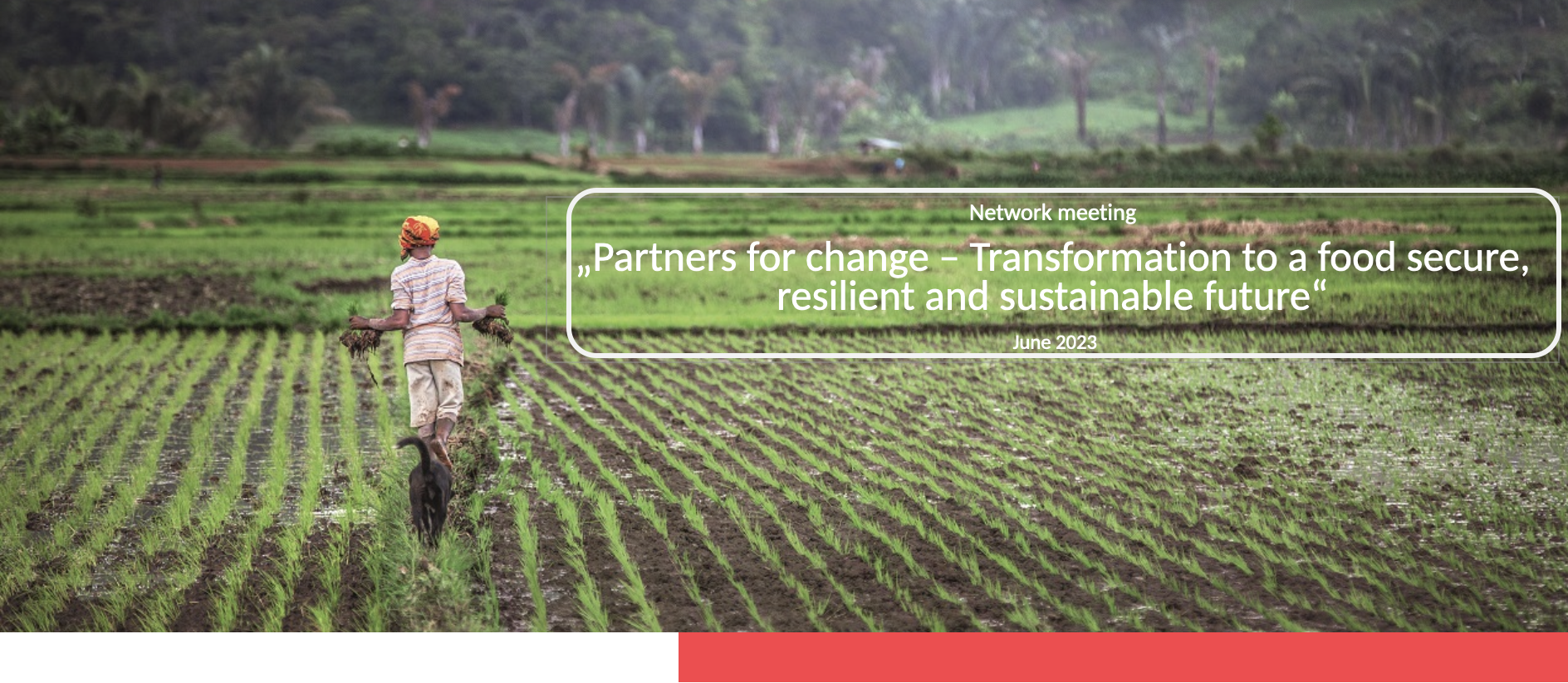
Shamba Executive Director to deliver keynote speech at high-level meeting in Germany
The Federal Ministry for Economic Cooperation and Development in Germany has invited Shamba Centre Co-founder and Executive Director to deliver the opening keynote address at its high-level networking meeting to develop policy recommendations on the transformation of agricultural and food systems.
In her speech, Carin will discuss agriculture and food system transformation and how to shift from crisis reaction to crisis prevention.
-
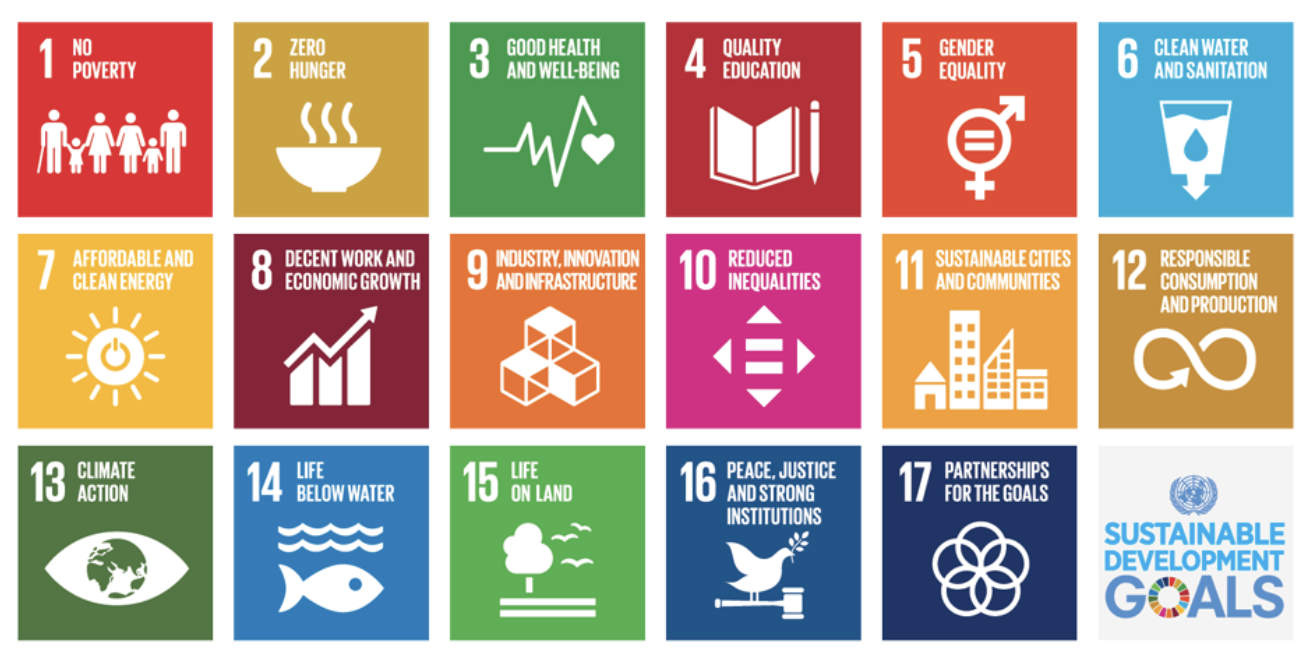
High hurdles remain, but report finds we can transform food systems sustainably
The European Commission’s InfoPoint held a critical briefing session convening experts to discuss food system transformation.
Shamba Centre Co-founders, Executive Director Carin Smaller and Director of Partnerships Francine Picard, unveiled the pivotal finding from the recent deep-dive reports on Ethiopia, Malawi and Nigeria that they co-authored.
-

Economist Impact report on ending hunger
“Ending hunger isn’t unattainable; it is actually quite an affordable goal.” These were the words of the Shamba Centre’s Co-founder and Executive Director, Carin Smaller, who was quoted extensively in a recent Economist Impact report.
The new report calls for a substantial increase in funding in order to strengthen the productivity, sustainability and resilience of agri-food systems worldwide.
-

A busy weekend for the G7 agricultural ministers
As the G7 agriculture ministers from the G7 gather in Japan this weekend alongside representatives from IFAD, FAO, OECD and WFP, what will be on their agenda?
The Japanese government, which hold the G7 2023 presidency will announce the launch of the Enhanced Linkages between Private Sector and Small-scale Producers initiative with IFAD with seed funding of USD 2 million.
-

A new study to transform food systems in Madagascar
The Ministry of Agriculture and Livestock (MINAE) is launching, with the support of the Food and Agriculture Organization of the United Nations (FAO), the Shamba Center for Food & Climate as well as the International Food Policy Research Institute (IFPRI), a groundbreaking study on the transformation of food systems in Madagascar.
It will explore how food systems can be transformed to provide healthy and affordable diets for all, while also addressing environmental sustainability and nutrition.
-

Can we disrupt global food systems and end hunger by reforming competition law and policy?
For more than 20 years, concentration has been dramatically increasing in the food and agricultural markets, and lower-income countries are more badly affected than developed markets, because the markets are smaller, and the barriers are higher.
This has a negative impact on small producers as well as on consumers.
-

Interview with Kulthoum Omari Motsumi
The Shamba Centre spoke with Kulthoum Omari Motsumi, Special Advisor to the Africa Adaptation Initiative, about what to expect from CoP27 on Climate Change, opening on 6 November at Sharm el-Sheikh.
"It is simply not enough to help small farmers survive through drought after drought and flood after flood. We need to be better prepared."
-
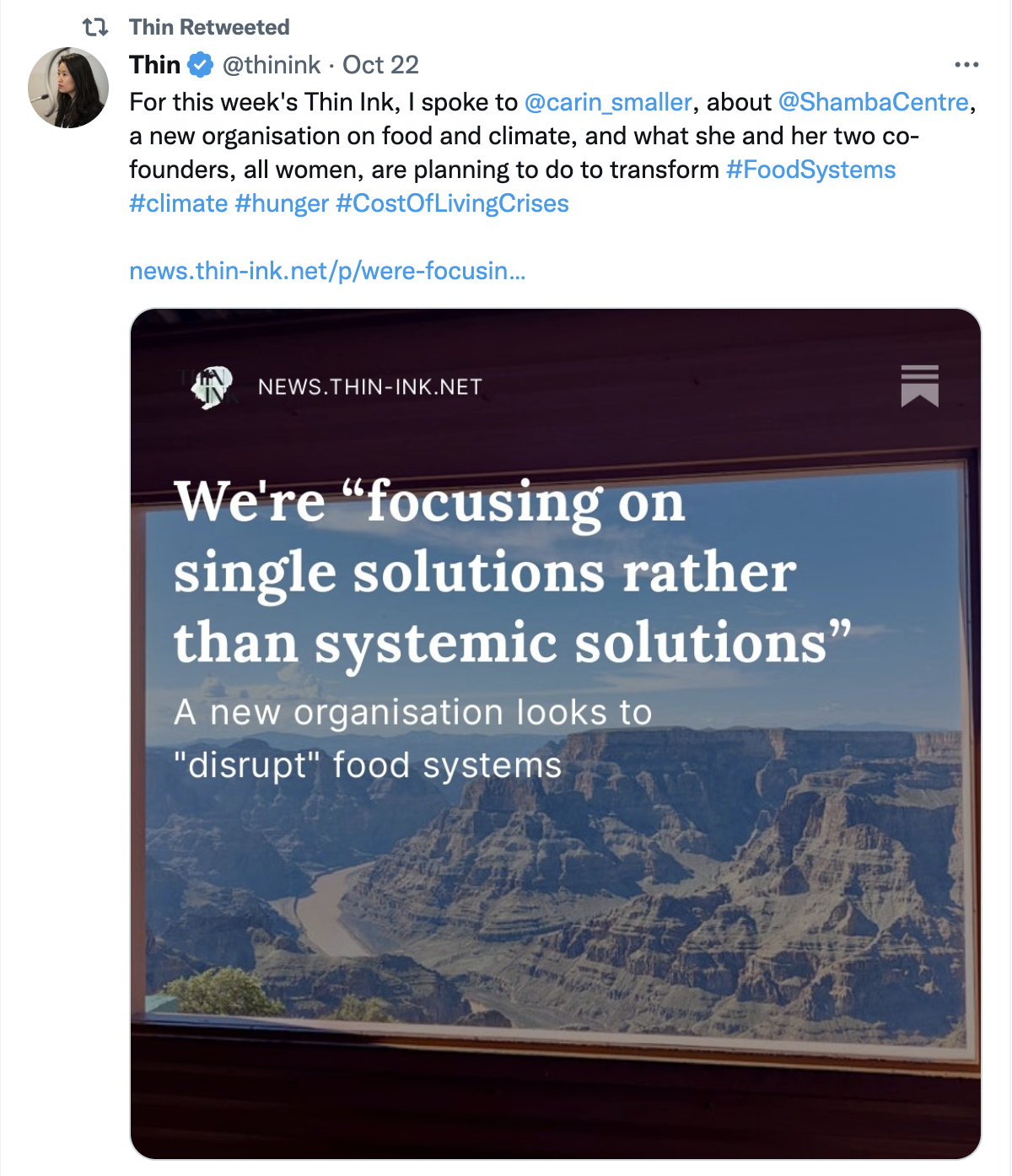
Q&A with our Executive Director, Carin Smaller
Shamba Centre’s ED Carin Smaller was interviewed in Thin Ink:
"We think the greatest impact will come from investing in producers in Africa and Asia, helping entrepreneurs scale-up low-carbon solutions to reduce food loss and waste, and backing innovation in urban and vertical farming, plant-based proteins and non-farmed meat."
-
New organisation launches with mission to disrupt the food system to end hunger
In teeth of global hunger crisis, three female experts promise to take a revolutionary approach
Ending hunger is possible - now and forever - but it requires radical departure from the status quo. This is the founding principle of a new organisation, set up by three female policy experts, Carin Smaller, Francine Picard, and Oshani Perera, who between them have deep experience in food security, agricultural policy, sustainable development and finance, law, multi-stakeholder processes, climate policy, and natural capital risk assessment.
-

Famine in Somalia
22 million people in the Horn of Africa are now at risk of starving
The UN says half a million Somali children under five are at risk of dying this year.
Somalia has been in civil unrest and conflict for decades and is now impacted by one of the first droughts in about 40 years.
“If we only provide the emergency assistance, we will be facing these kinds of crises year after year”.
Carin Smaller calls for ongoing funding to prevent future events from escalating into crises in Somalia.
-

The world food crisis is about to get worse
The war between Russia and Ukraine has exacerbated the global food crisis, which was already impacted by climate change, rising living costs, and fertilizer price hikes.
The UN-brokered deal to reopen the Black Sea to food ships may not be sufficient to offer relief to the millions of people experiencing hunger across Asia, Africa, and the Middle East.
“I’ve been working in this sector now for more than 15 years and this for me is the worst crisis we've seen" says Carin Smaller, ED of the Shamba Centre.
